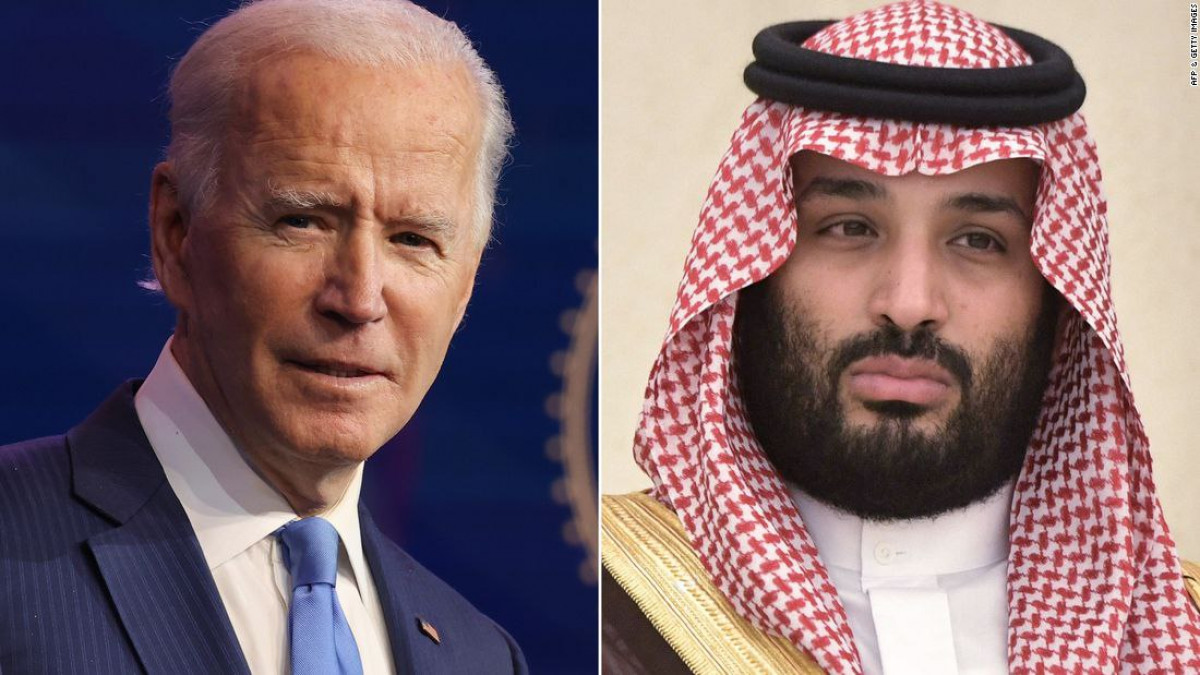 101
101
Saudi Arabia has reduced its reliance on the United States in recent years and is attempting to replace it by strengthening ties with Washington’s opponents. With Chinese scientists stationed in the Ministry of Saudi Defense and with China’s support, Saudi Arabia has begun developing its civilian nuclear programme. Saudi leaders have recently begun setting aside disagreements with Iran, indicating that they are no longer completely reliant on the US for their security.
The current US administration is requesting little commitment in the form of military partnerships from Riyadh. The Saudi public, on the other hand, is adamantly opposed to these forms of assistance; having only just begun paying consumption taxes, they are closely monitoring how their government spending is administered.
Another factor contributing to Saudi Arabia’s alienation from the United States is its welcoming of Afghan immigrants. The Saudis believe that the US government has not shown them the same level of gratitude as other countries for the events in Afghanistan. Saudi officials are concerned about internal opposition to the admission of uneducated Afghan asylum seekers who do not speak Arabic or English and lack the technical or other skills required for entrance into Saudi society.
The US bid to send Afghans to Saudi Arabia, subject them to security inspections, and subsequently transfer them to the US and Europe startled Riyadh, raising the issue of why those who have been rejected by the US should stay in Saudi Arabia.
While the Saudi monarchy maintains that Washington is engaged in topics such as the Iran nuclear talks, it is disappointed that Biden’s administration has failed to develop a long-term strategy or plan for the Middle East and South Asia. The US withdrawal from Afghanistan has caused Riyadh to question if Washington is pursuing the same haphazard approach to regional disengagement as it did in Afghanistan (including Syria, Lebanon, Iraq, and Libya).
Because the US is unable (or unwilling) to satisfy certain conditions, Riyadh wants Washington to understand that it will not intervene in the fragile relations between the US and Russia. On the other hand, Saudi Arabia is interested in learning about the Taliban’s ambitions and other radical groups that Russia supports via its prolonged involvement in Afghanistan.
Riyadh has apparently made great strides toward Moscow. This was made abundantly evident at the Saudi-Russian military cooperation talks on August 23, 2021. As a consequence, a State Department spokesperson urged Saudi Arabia and other US allies and Arab partners to avoid negotiating any large-scale weapons deals with Russia.
Finally, the concept of diversifying weapons supplies is not new in Saudi Arabia; two years ago, media sources revealed that the Saudi government intended to broaden its military procurement, including the procurement of Russia’s S-400 system.
Saudi Arabia has recently experienced a barrage of negative signals from the United States, pushing Riyadh to diversify its international partners in response to the Biden administration’s policies and views. Saudi Arabia’s stance toward Russia and other major powers seems to be sending a strong message to the United States, a long-standing ally. The Saudis are stating unequivocally that the United States’ achievements in the Middle East are not permanent and cannot be maintained forever
Comment
Post a comment for this article